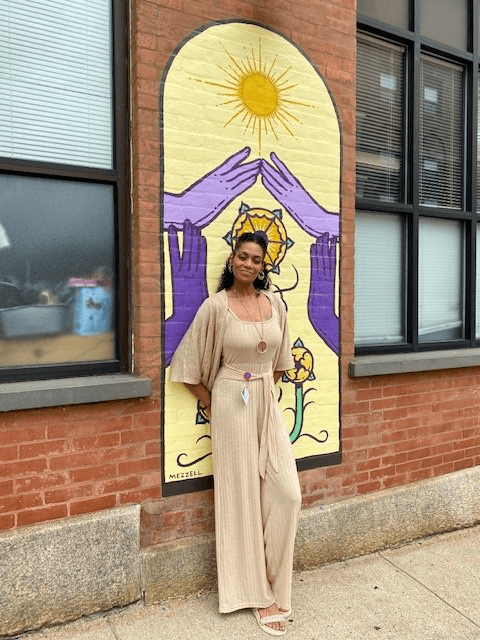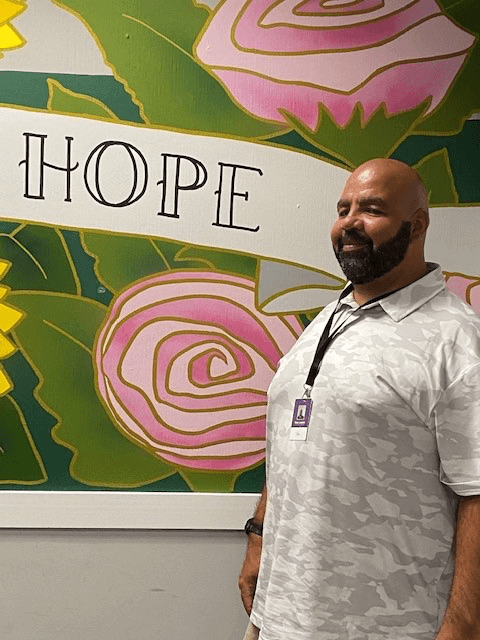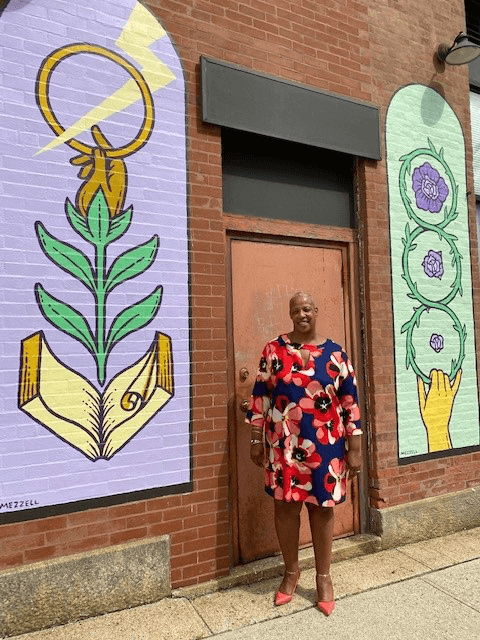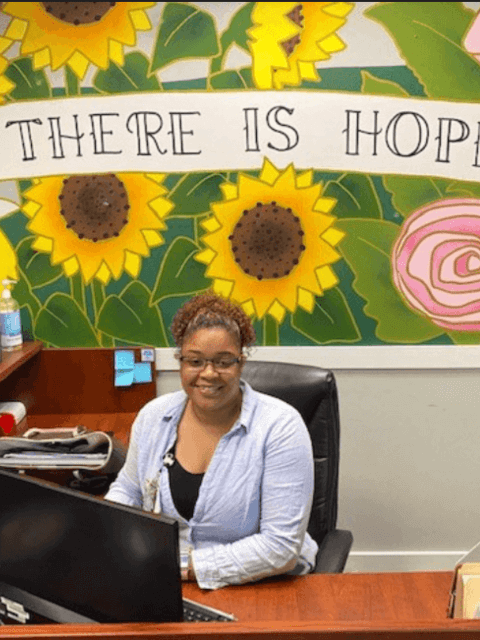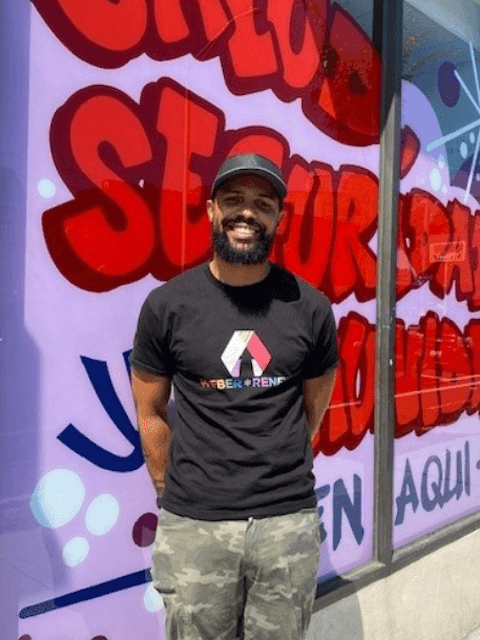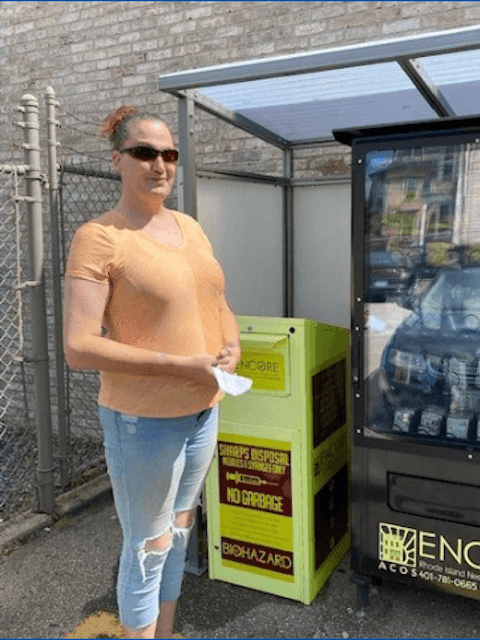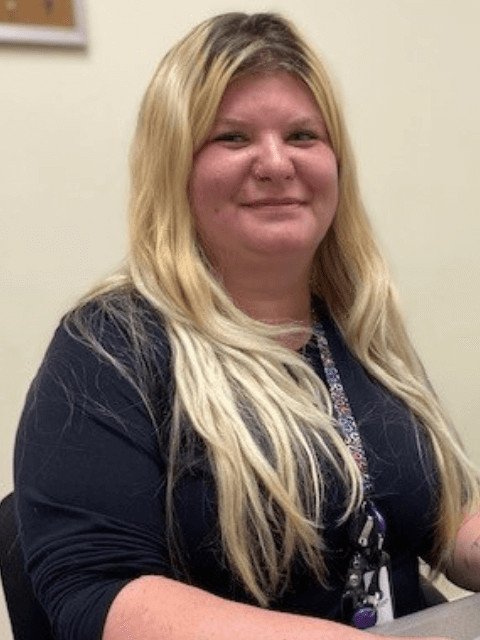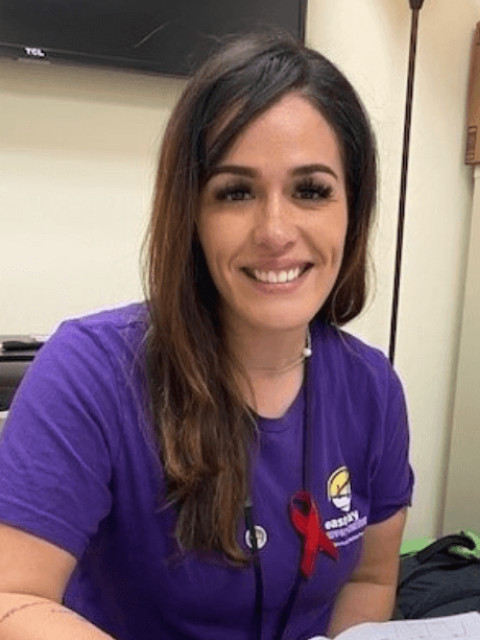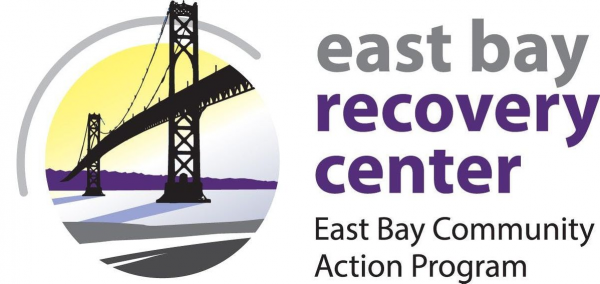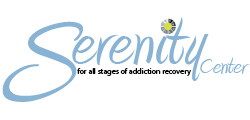Recovery is a term that means different things to different people. Some people think that recovery means stopping the use of all drugs and alcohol. To others, recovery is the process of making changes to increase their quality of life. According to the Substance Abuse and Mental Health Services Administration (SAMHSA), recovery is “a process of change through which individuals improve their health and wellness, live a self-directed life, and strive to reach their full potential.”
Whatever recovery means to you, there are certified peer recovery support specialists and recovery support resources that can help you achieve your goals. No one has to do it alone.
Rhode Island has many resources to help you find and maintain your recovery.
The Power of Peer Support
Here are some personal stories from local peer recovery support specialists about their recovery journeys.
Get Connected to a Recovery Community Center
Recovery centers offer a safe environment to people in early recovery
There are many places across our state where you can go to get services to start or help your recovery. These are safe and drug-free places for you and your family. You can get support from others with lived experience, join support groups, and get help for things like basic needs, housing, family supports, financial literacy classes, and health and wellness activities. Call or walk in today.

Anchor Recovery Community Center:
Providence: 401-889-5770
Warwick: 401-615-9945
Not Ready to Go to a Recovery Center?
You might not be ready to walk into a recovery community center yet, and that’s okay. In Rhode Island, a certified peer recovery support specialist is someone in recovery from a substance use condition and/or a mental health condition who you can talk to first. Try calling one of the programs above to have a peer recovery specialist reach out to you by phone or meet up with you in a safe space.
Find Recovery Housing
If you are looking for a supportive environment to live in that is drug and alcohol-free, recovery housing may be as good fit for you. Recovery houses are meant to help give you security and stability during your recovery from a substance use condition. There are many recovery houses across the state, and you may be eligible to get in for a reduced price.
To find recovery housing, call 988 Lifeline
The line is open all day, every day. Call to connect with a licensed counselor. Click here for details.
Recovery Friendly Workplace Initiative
It is possible to find employment that is recovery friendly
Recovery Friendly Workplaces (RFW’s) support their communities by recognizing recovery from substance use disorder conditions as a strength and by being willing to work intentionally with people in recovery. RFW’s encourage a healthy and safe environment where in which employers, employees, and communities can collaborate to create positive change, and eliminate barriers if you have been impacted by addiction. Learn more about participating workplaces.
Employers also have a role in the addiction epidemic
If you are an employer, you are encouraged to determine find ways to contribute solutions in helping prevent overdose deaths. The Rhode Island Governor’s Recovery Friendly Workplace Initiative provides free resources, tools, and guidance in helping you to foster a recovery-friendly work environment for your employees. The RFW Initiative aligned with the National Safety Council estimates that substance misuse costs Rhode Island employers 1.41 billion dollars per year. A majority of that cost is incurred by business owners in the form of lost productivity and absenteeism. Learn about the economic impact of substance misuse and the number of people impacted by clicking here.
Want to learn more?
Learn More About Recovery
Because recovery is a process that is different for everyone, you might have specific questions about your particular situation. The Recovery Research Institute can help answer many questions you might have about addiction and recovery.
Find Support Groups Near You
Rhode Island has many groups and meetings that can help you in your recovery. These include 12- step programs and meetings with others in recovery. You can find resources for Alcoholics Anonymous as well as Narcotics Anonymous.

